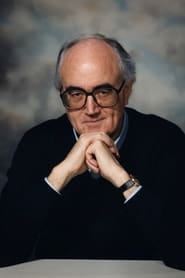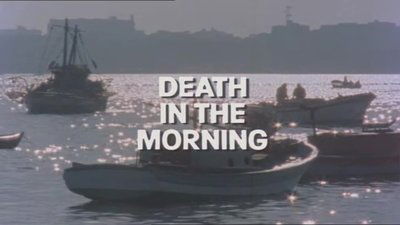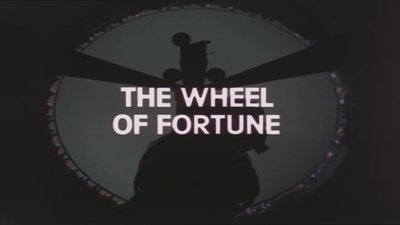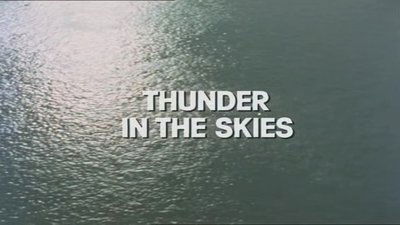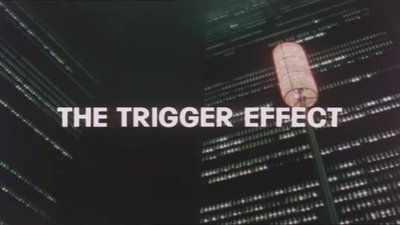
The Trigger Effect
Episode 1 • Oct 17, 1978
Both the beginning and the end of the story are here. The end is our present dependence on complex technological networks illustrated by the NYC power blackouts. Life came almost to a standstill: support systems taken for granted failed. How did we become so helpless? Technology originated with the plow and agriculture. Each invention demands its own follow-up: once started, it is hard to stop. This segment ends in Kuwait, where society has leapt from ancient Egypt to the technology of today in 30 years.

